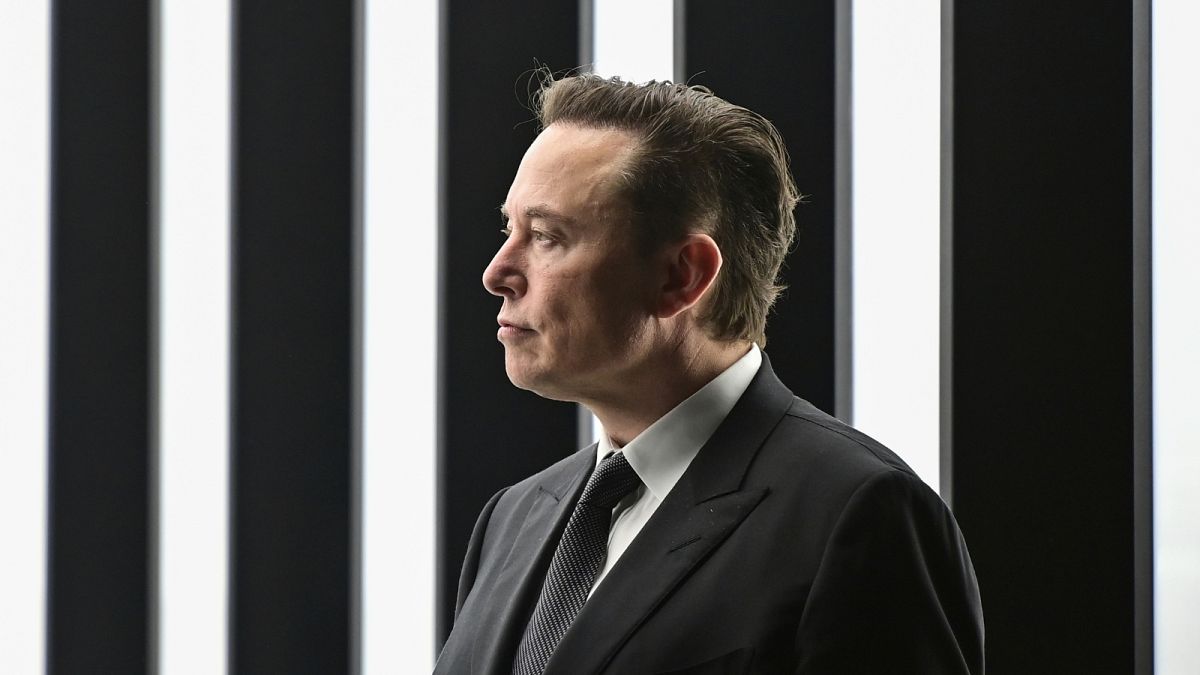The European executive requested further information to the DSA’s X ongoing proceedings regarding its recommendation system. The Commission is examining recent algorithm changes, the prominence given to certain accounts, and how content is moderated.
The European Commission has just taken new steps in its investigation into X, formerly Twitter. They requested today internal documentation on X’s recommender systems, issued a retention order to preserve records of algorithm changes throughout 2025, and sought access to the platform’s commercial APIs to analyse content moderation and account virality.
This new request for information also looks at recent changes to algorithms, how content is moderated, and the visibility of certain accounts.
According to a Commission’s spokesperson, “this move is independent of any political considerations or recent events”, despite recent concerns of political interference on Elon Musk’s part. The billionaire, who officially acquired X in October of 2022, has been outspokenly supporting far-right candidates in the upcoming German election. The Commission’s spokesperson did add that this probe “could help [us] monitor the systems around all these events taking place.”
The investigation started in December 2023 as part of the DSA. But X had already faced past criticism from EU regulators, which included clashes with Musk over transparency and compliance issues such as a lack of access to platform data from researchers, a lack of clarity around how the algorithm works, and the misleading practices that surround verified accounts and advertisements.
“Today we are taking further steps to shed light on the compliance of X’s recommender systems with the obligations under the DSA”, said Henna Virkkunen, the executive vice president for Tech Sovereignty, Security and Democracy.
What does this mean for Musk and his platform? For starters, X could face hefty penalties if found non-compliant with the DSA. Companies can be fined up to 6% of their global annual revenue for not complying with orders from regulators. And for repeated violations of the rules, fines can reach 1% of their global annual revenue.
Additionally, Musk himself has been accused of manipulating the algorithm, raising concerns about X’s role in spreading misinformation and favouring certain narratives and accounts – including his own.

